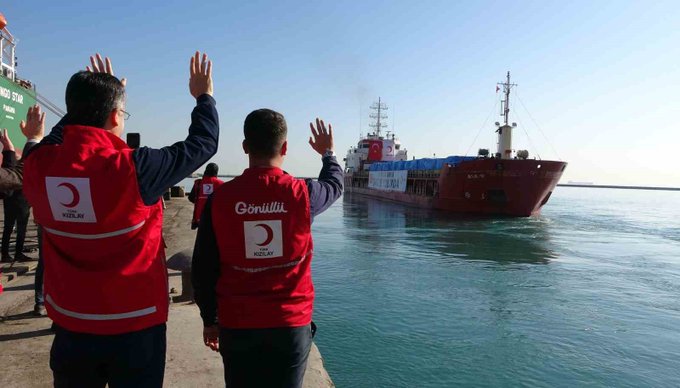WHO pushes for new malaria, TB and HIV vaccines to benefit Kenya

This initiative aligns with the Immunisation Agenda 2030, which aims to ensure that communities worldwide benefit from vaccines that protect against serious diseases.
Kenya could benefit from a renewed global push to develop vaccines for 17 diseases that commonly affect communities.
The World Health Organisation (WHO) in a new study, identified these pathogens as high-priority targets for new vaccine research, noting their impact on public health and economic well-being.
This marks the first global effort to prioritise endemic pathogens based on a wide range of criteria, including disease burden in various regions, risk of antimicrobial resistance, and socio-economic effects.
More To Read
- WHO warns of rising malaria threat in Kenya as mosquitoes develop insecticide resistance
- Kenya’s malaria cases jump 27 per cent to 4.1 million in 2025, WHO report reveals
- UNAIDS hails Kenya–US health framework as major boost for HIV response
- Malaria fight at risk as drug resistance spreads despite new tools saving millions
- Study warns climate shifts could widen malaria risk across Africa
- German researchers find highly effective HIV antibody
The study confirms the need to focus on vaccine development for longstanding health threats like HIV, malaria, and tuberculosis.
Together, these three diseases are responsible for nearly 5 million deaths annually, with a significant portion of these cases occurring in Kenya, as noted in the country's annual Economic Survey.
In addition to these diseases, WHO highlights pathogens such as Group A streptococcus and Klebsiella pneumoniae as urgent targets for vaccine development due to their increasing resistance to existing treatments.
"Too often, global decisions on new vaccines are driven by return on investment rather than by the number of lives that could be saved in the most vulnerable communities," said Dr Kate O'Brien, WHO's director of immunisation, vaccines, and biologicals.
Reduce medical costs
"This study uses broad regional expertise and data to assess vaccines that would not only significantly reduce diseases impacting communities today but also reduce the medical costs that families and health systems face," she added.
WHO's research involved consultations with international and regional experts who identified factors essential for deciding which vaccines to prioritise.
The result is a list of the top 10 pathogens per region, consolidated into a global list of 17 priority pathogens.
This initiative aligns with the Immunisation Agenda 2030, which aims to ensure that communities worldwide benefit from vaccines that protect against serious diseases.
The priority list provides an equitable evidence base to shape regional and global vaccine development agendas.
WHO hopes this clear direction will encourage researchers, funders, and manufacturers to focus on vaccines with the potential to deliver the most impact.
Top Stories Today













































